You’ll see canoes on all the lagoons in every archipelago of French Polynesia. The tradition of building outrigger canoes continues as it always has, using a combination of ancestral techniques and modern materials. Outrigger canoes are used for fishing, as a means of travel and for sporting competitions like the Hawaiki Nui Va’a. And whether it’s a single man, V1 va’a built for speed, or a sailing canoe capable of crossing the Pacific Ocean, its origins are part of the earliest history and culture of The Islands of Tahiti.
A thousand year old tradition
The origins of the Polynesian canoe
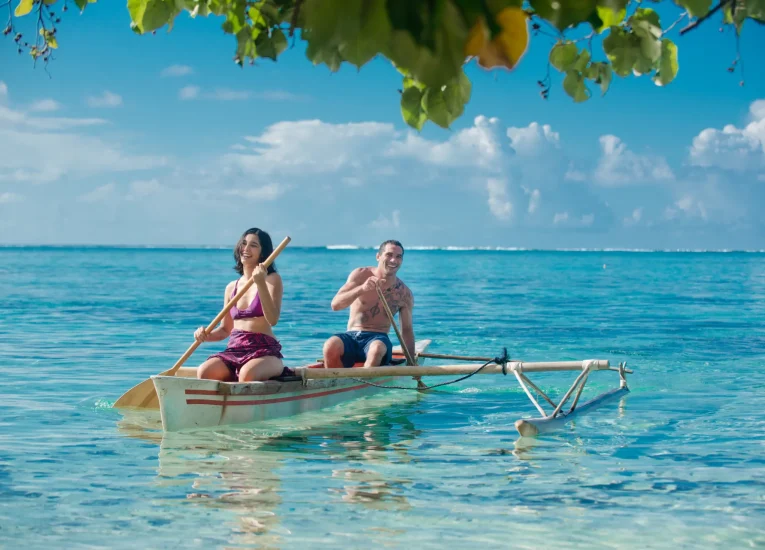
Canoe or va’a
The Polynesian canoe is called a va’a in Tahitian. The traditional construction consists of a hull with an outrigger connected by two struts, which gives the canoe stability and enables it to slice through the water more quickly.
Outrigger sailing canoes were used by the first Polynesians to explore the Pacific Ocean almost two thousand years ago. Ancestors of the modern catamaran, these twin hulled boats called va’a taie were able to transport several families with their livestock and other possessions when they set off from Southeast Asia to cross the ocean in search of a peaceful haven.
The small, light fibreglass constructions that dart across the lagoons today are used for sporting competitions, fishing and traveling between the islands. And tourists in the hotel resorts can even have their breafast delivered to their overwater bungalow by a va’a.
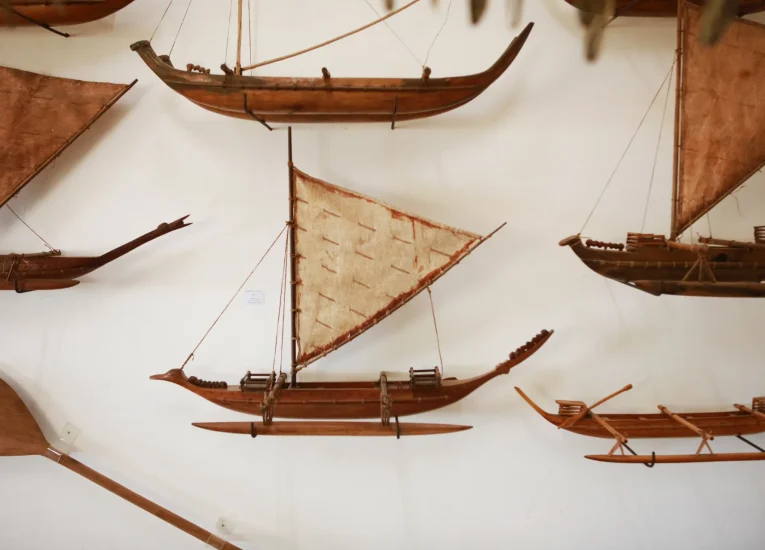
Va’a construction
The first Polynesian canoes were carved from a long treetrunk. The sail was made from beaten pandanus leaves stitched together by the womenfolk. Smaller canoes were propelled using a wooden paddle with the blade tilted slightly forwards, like the paddles used in Polynesia today.
Canoe building was a sacred art, supervised by high priests who invoked the gods to protect those who sailed in them. The twin-hulled sailing canoe is considered to be the ancestor of the modern catamaran.
Be Inspired
Experiences
There’s a host of different experiences for you to try in The Islands of Tahiti: sport, well-being, relaxation, cuisine, tattooing, dance…Immerse yourself in Polynesian culture and enjoy your vacation to the fullest.
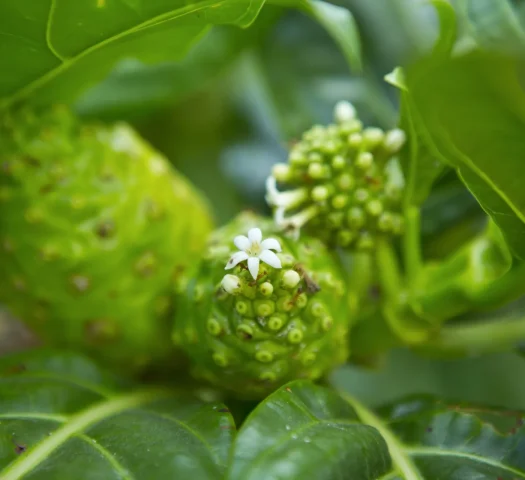
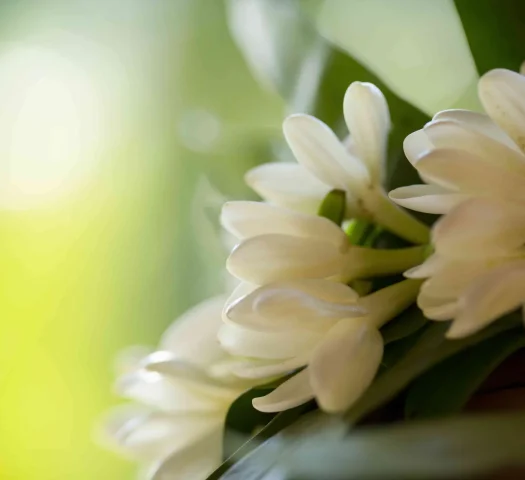
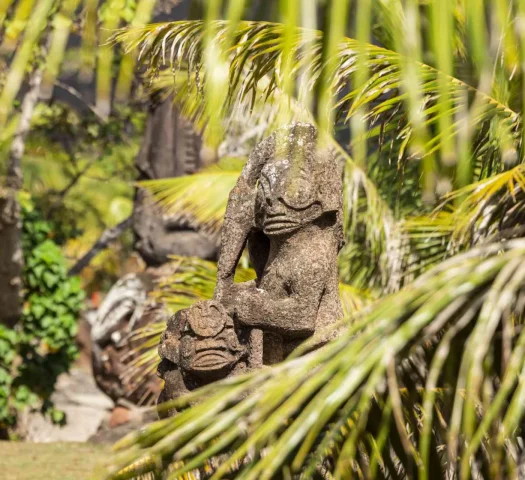
In the skin of a navigator
Introduction to va’a
Paddling an outrigger canoe is very different from using a kayak and other canoes. But once you get the hang of it, the sensation of speed as you ‘surf’ on a wave is simply thrilling.
Va’a is part of the ancestral culture of The Islands of Tahiti. It’s perfect for getting from one motu to the next and it’s a fun way to explore the lagoon.
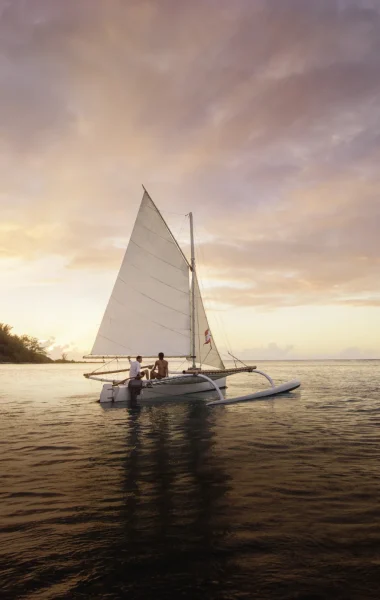
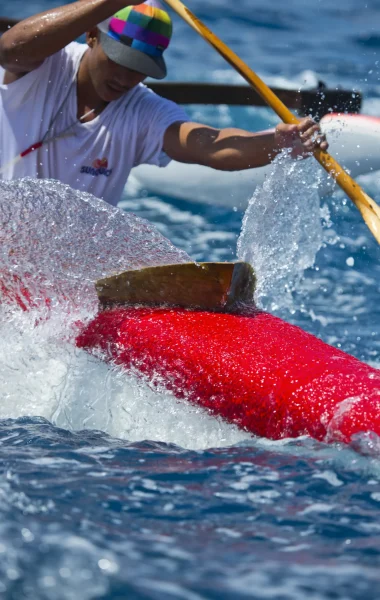
You’ll also enjoy
The Hawaiki Nui Va’a
Va’a is the national sport of The Islands of Tahiti and, as the number of medals harvested at each world championship show, Tahitians excel at it. The best-known va’a race is the Hawaiki Nui Va’a, a race for six-man canoes (V6), which is held in the Society Islands each year. There are two other major V6 races in the va’a calendar: the Tahiti Nui Va’a race around the island of Tahiti, and the Molokai Hoe race between the island of Oahu and Molokai in Hawaii, won by Tahitian teams 16 times in the last 20 years.
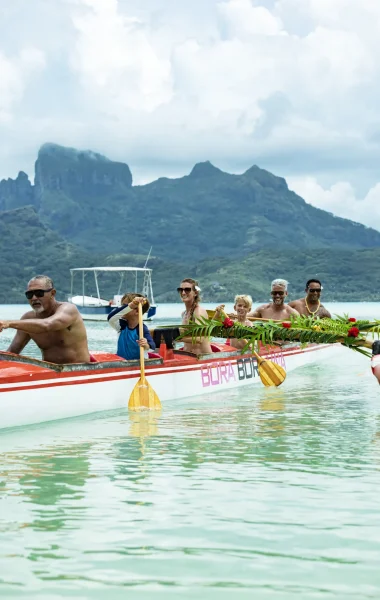
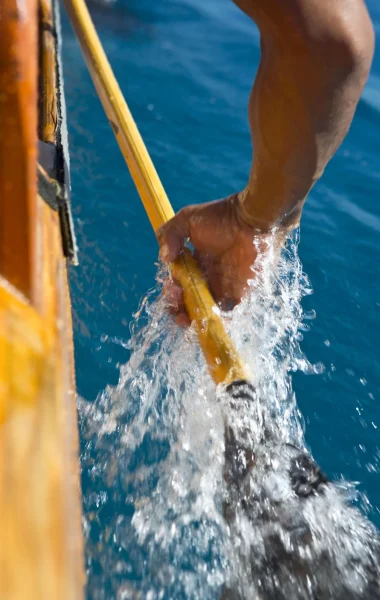
Vacation packages
Immerse yourself in tahitian culture
Current offers
Immerse yourself in authentic journeys that let you discover the cultural diversity of each island. Book your package now and let yourself be enchanted by unforgettable cultural experiences.

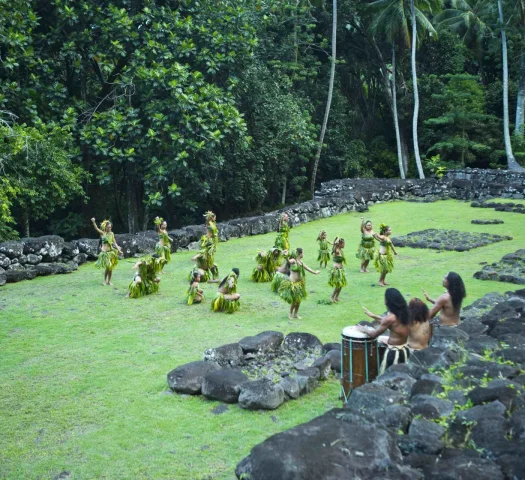
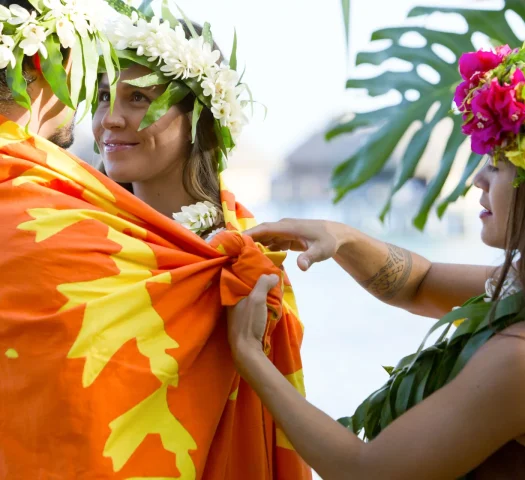
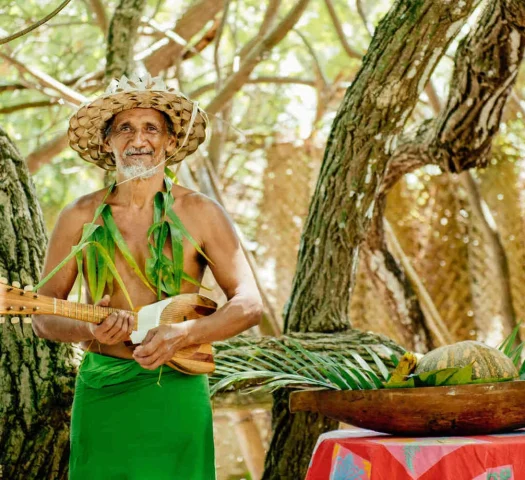
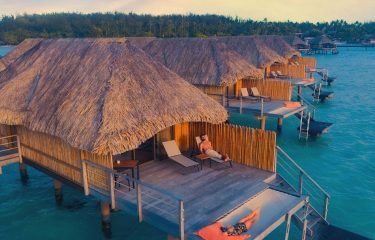
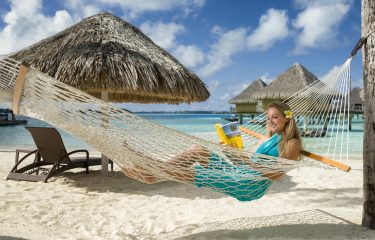
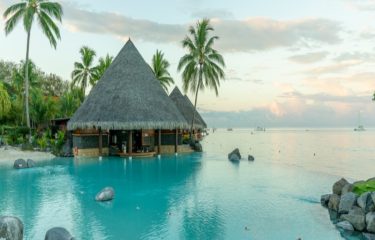
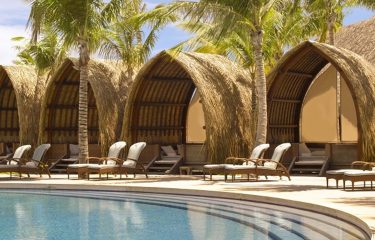
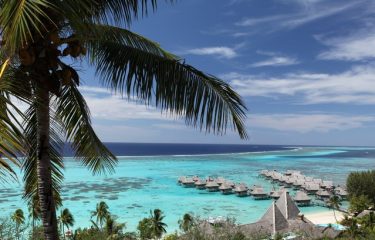
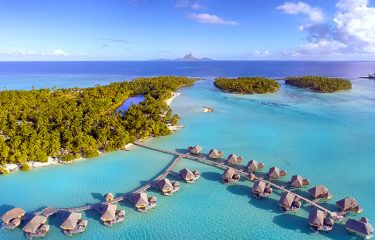
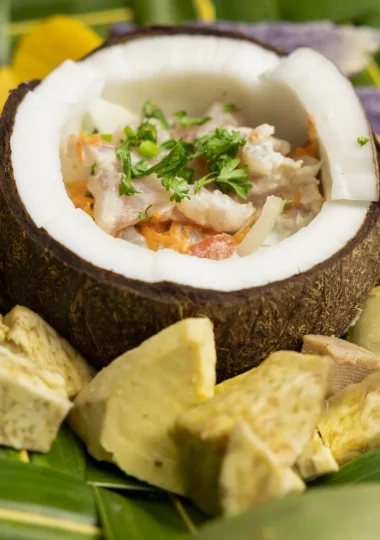
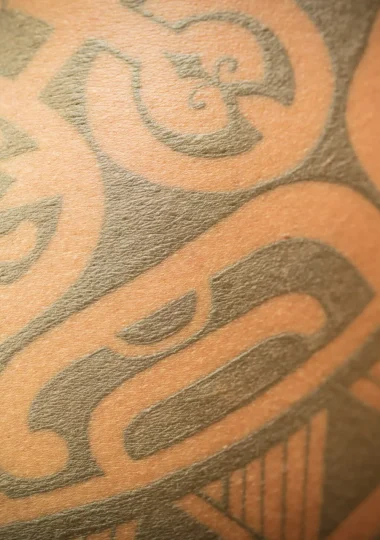
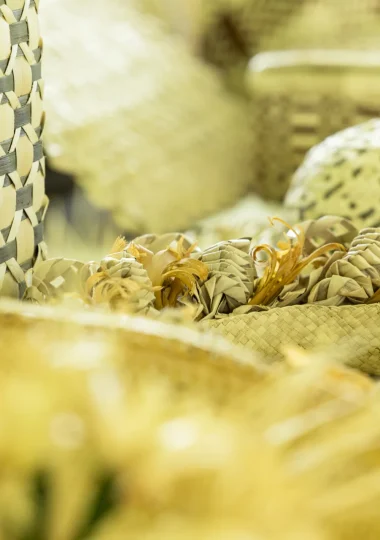
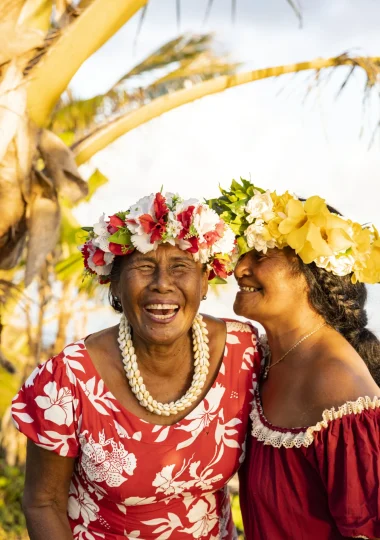
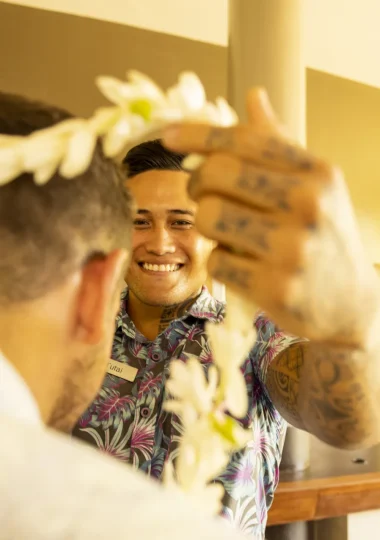
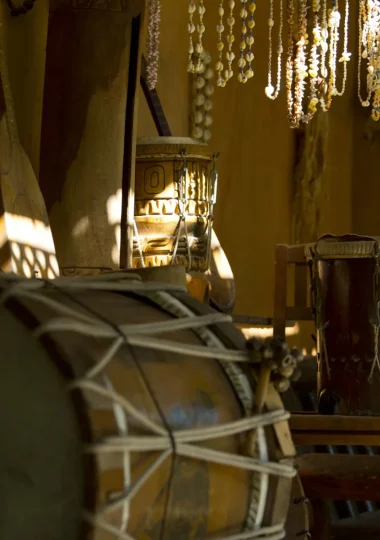
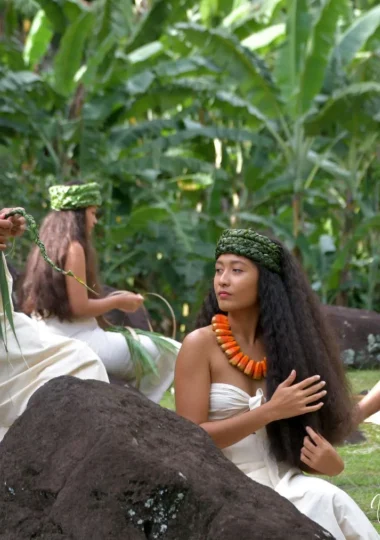
 América del Sur
América del Sur
 Australia
Australia
 Belgique
Belgique
 Brasil
Brasil
 Canada (EN)
Canada (EN)
 Canada (FR)
Canada (FR)
 Deutschland
Deutschland
 España
España
 France
France
 Italia
Italia
 Mexico
Mexico
 Polynésie française
Polynésie française
 New Zealand
New Zealand
 Schweizerisch (DE)
Schweizerisch (DE)
 Suisse (FR)
Suisse (FR)
 United Kingdom
United Kingdom
 United States
United States
 한국
한국
 中国
中国
 日本
日本